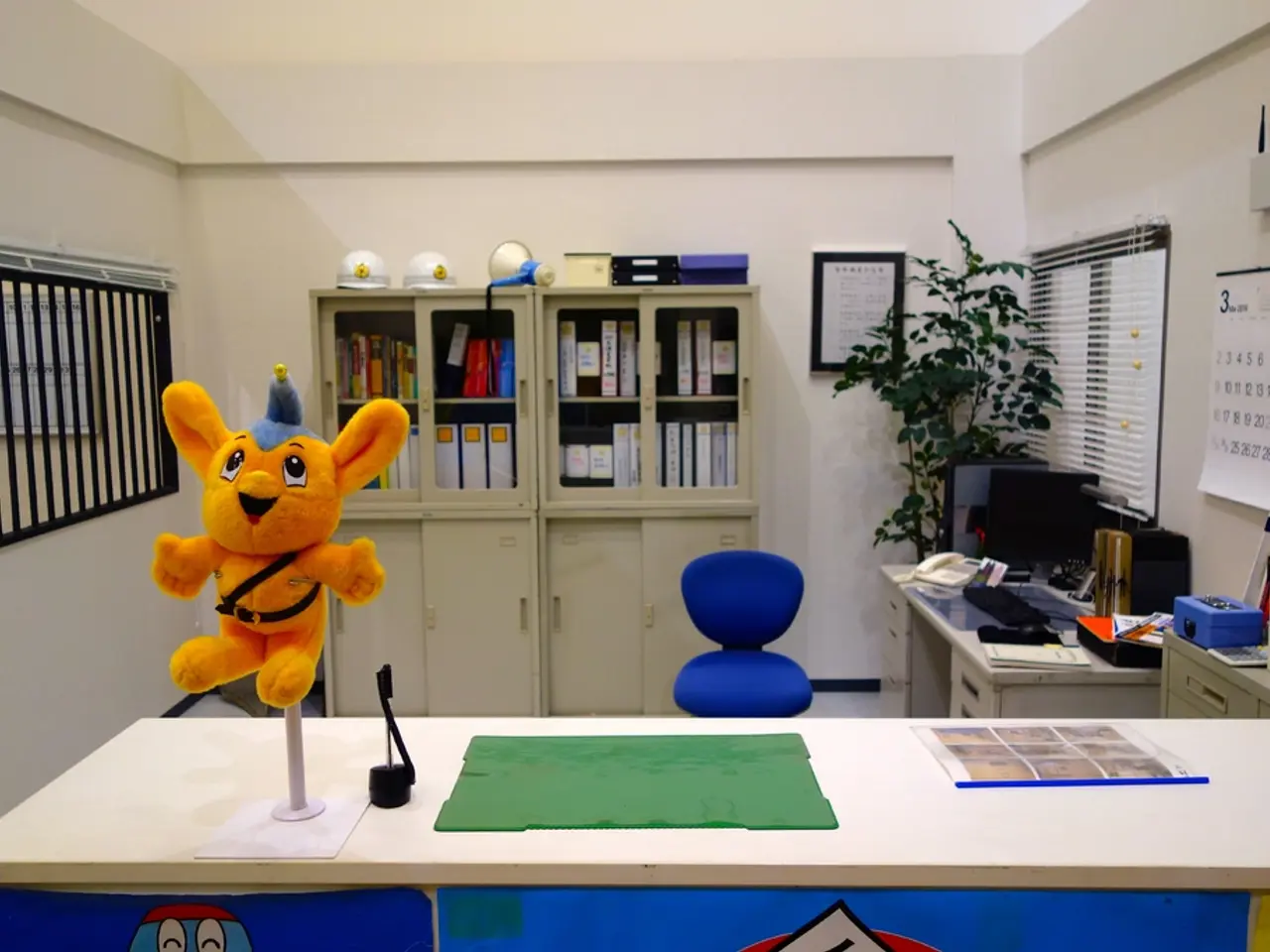Navigating Post-Vacation School Preparation: A Guide for Children's Daily Routines
In today's digital age, managing screen time for children has become a crucial concern for parents. Here are some practical tips to help parents establish a balanced and healthy digital routine for their kids.
Firstly, parents can utilise a variety of tools to limit screen time. This includes parental controls, timers, and apps designed specifically for this purpose. Establishing family digital rules is another effective method to manage screen time. These rules should be clear and consistent, outlining when and for how long devices can be used.
The World Health Organization (WHO) recommends no more than 2 hours of screen time per day (excluding schoolwork) for children and teens aged 5-17. To ensure a balanced routine, it's important to allocate time for other essential activities such as daily physical activity, which should be at least 60 minutes for this age group.
Daily physical activity can take various forms, from morning exercise to active games. Older students can study up to 3-4 hours a day, leaving ample time for physical activity and outdoor play. For younger students (1-4th grade), recommended homework time is no more than 1.5-2 hours.
Transitioning from summer vacation to a school routine is also essential. This process should begin at the end of August to prepare children for the upcoming academic year. Consistent times should be set for waking up, going to bed, meals, homework, outdoor activities, and rest.
Parents can also promote responsible media use by creating individualised family agreements. These agreements should foster dialogue and trust, respect children's rights to digital participation, and treat youth seriously as partners in managing their digital leisure time.
Keeping gadgets out of bedrooms can help limit screen time, especially before bed. It's important to ban gadgets 1 hour before bed to avoid disrupting melatonin production, which is crucial for a good night's sleep.
Parental example is crucial in maintaining digital hygiene for children. By demonstrating responsible digital behaviour, parents can help their children develop healthy habits. Prioritising educational content for their children's screen time is another effective approach.
School and homework, physical activity and outdoor time, regular meals, age-appropriate sleep, time for hobbies, creativity, and socialising are key elements of a routine. While screen time plays a role in modern life, it should not overshadow these essential aspects of a child's development.
Excessive screen time can negatively impact sleep, attention, and overall health. By following these tips, parents can help their children maintain a healthy balance between their digital and real-world lives.








